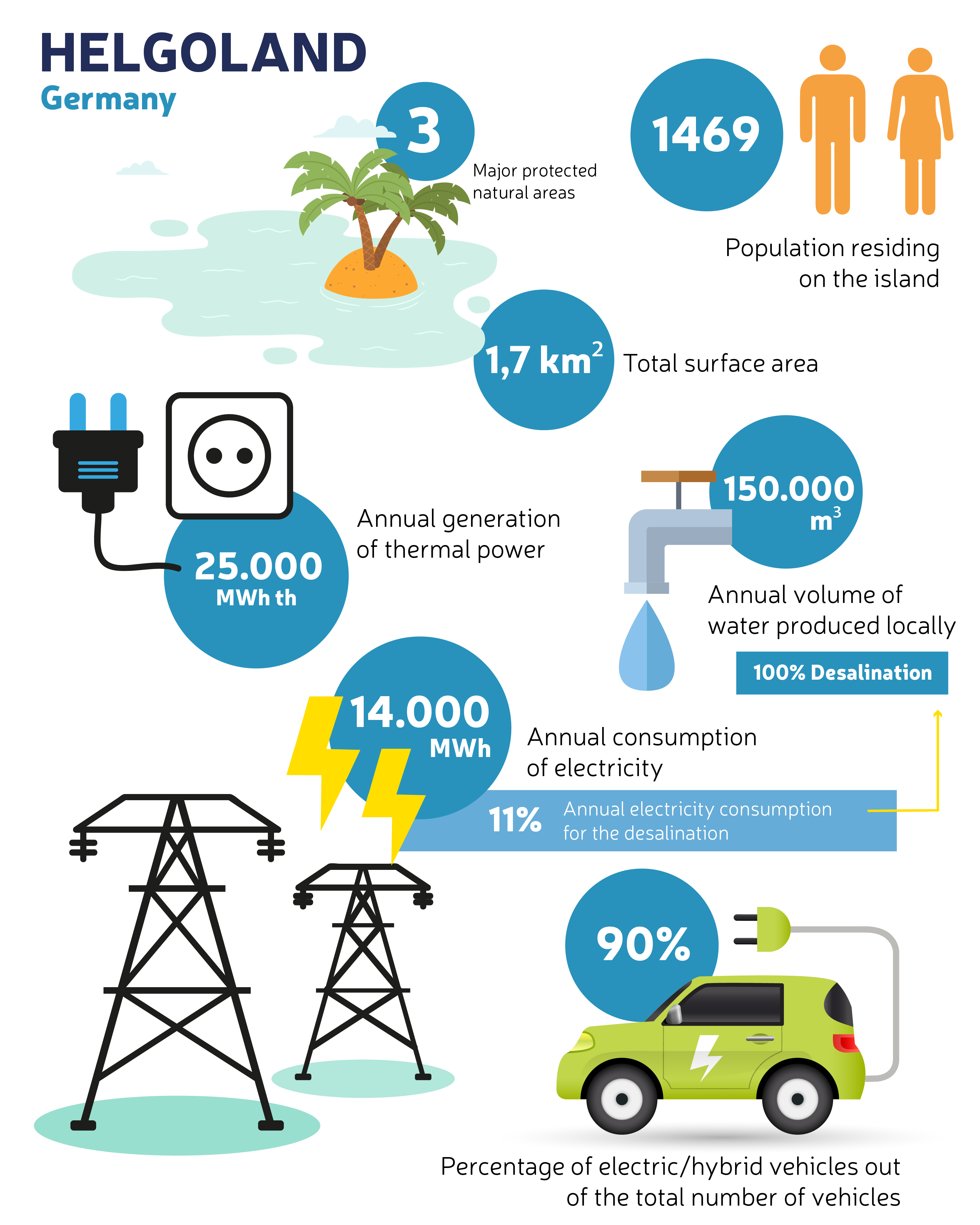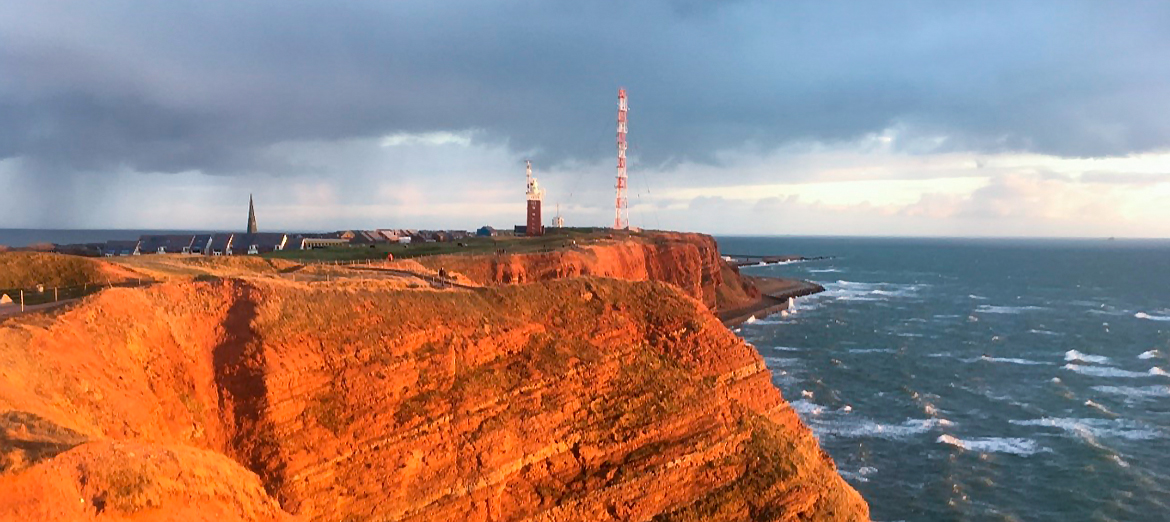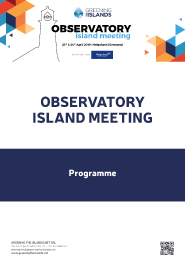
23rd & 24th April 2019
Hosted by the Municipality of Helgoland
The Greening the Islands Observatory, launched in occasion of the V Greening the islands International Conference in Minorca, is a think tank aiming at analysing island needs and identify innovative solutions on the fields of above to support the definition and the implementation of strategies and plans of governments and corporates. The first working year we involved solutions on energy, water an mobility on a selected group of Islands, which are Egadi Archipelago (Favignana, Levanzo and Marettimo – Italy), Crete (Greece), Helgoland (Germany) and Boracay (Philippines).
In November 2018, in Rome, it was held the first GTI Observatory Plenary Meeting with the Government of the selected islands and the industrial members, where an overview of the islands has been presented and hypothesis of solutions have been advanced by the corporates and the Greening the Islands specialists.
During the first semester of 2019, we have organised 2 days’ meetings in each island of the Observatory, hosted by the Islands’ Governments, involving all key local stakeholders, such as the utilities, Corporates and Industry Associations Members.
The Aim of the meeting was to define short list of projects discussed in Rome. Deep dive into Helgoland’s status on energy, water and mobility (needs and solutions), including site visits. An overview of policy, regulation and permitting will be presented and discussed.
In preparation for the meeting, specific information was provided to corporate members so they could prepare project proposals to be discussed for local viability.
Island overview


See the priorities to come out of the Observatory Helgoland island meeting organised by sectors
Energy
- Move from gasoil to electric green power for thermal generation:
- Explore the possibility to build some windmills in Helgoland protecting the landscape and flock of rare birds;
- buying electric energy produced from RES in the mainland using the already existing underwater electric cable (necessary to solve regulatory problems to pay less for the electricity in order to make the change from oil to electricity neutral in terms of operational costs);
- decide to pay the full price for the electricity imported from the mainland balancing the extra operational costs with the expected savings coming from pressure pump optimization of the desalination plant.
- Distributed generation
- investigate from a technical and an economical point of view the possibility to install vertical axis windmills.
- Energy efficiency
- implement building energy efficiency using, where possible, smart solutions and insulation.
- Promotion of green energy purchase among citizens (local campaign required).
- Special project for Helgoland
- involve Helgoland in the Geographical Island 2020 tender (or other tenders) with a special project in marine e-mobility;
Water
- Evaluate reuse options for effluent from new waste water plant being built and consult with and keep population informed of options and benefits being considered
- Look at technically and economically viable options to warm up seawater before the reverse osmosis plant in order to increase production and lower energy requirements
- The desalination plant is currently being upgraded in terms of pressure pumps and energy recovery equipment: keep on top of improvements in desal technology, which can lower unit cost of water produced
- Make Helgoland an innovation hub in desalination of both brackish and sea water with the participation of present research institutions. Helgoland is the only German municipality which uses desalination for its fresh water supply from 1962 and can offer to host selected companies which are interested in testing avant-guard technologies by taking advantage of its favourable environment.
Mobility
- Seek to migrate the fuel source for vessels visiting the island to be converted to environmentally friendly options supported on the island by the availability of electric power for vessels berthed in the harbor
- When the opportunity arises, replace existing fossil fuel powered vehicles with electric vehicles. Consider the potential to use the island as a live test bed for a small number of autonomous vehicles to transfer visitors or luggage to and from the hotels as part of the “last mile” challenge the industry is facing.
- As part of the distributer generation approach being considered for the future where alternative and distributed energy generation sources will be integrated, ensure that the use of the battery power available in vehicles is considered (V2G).




